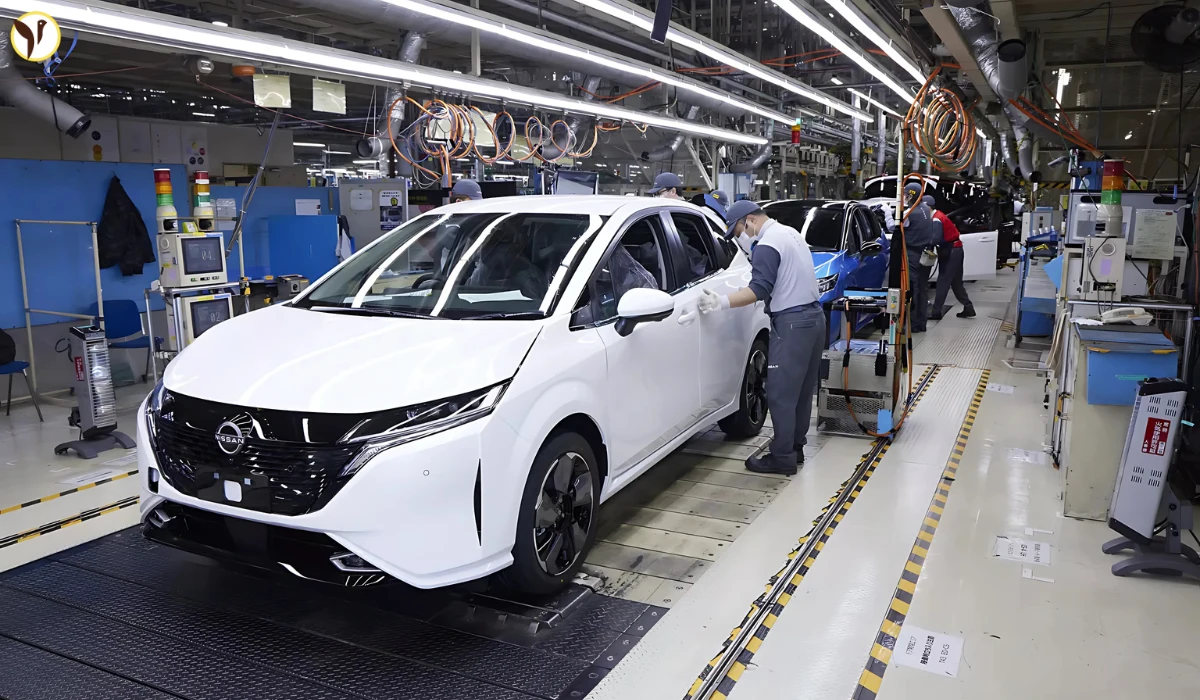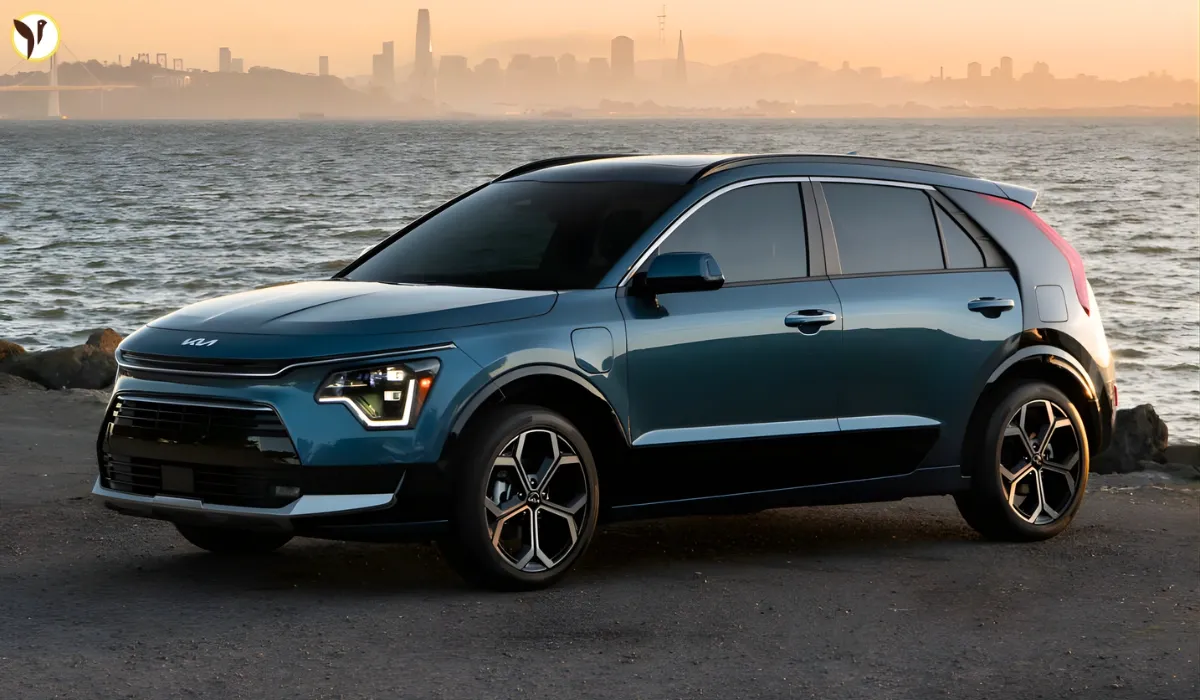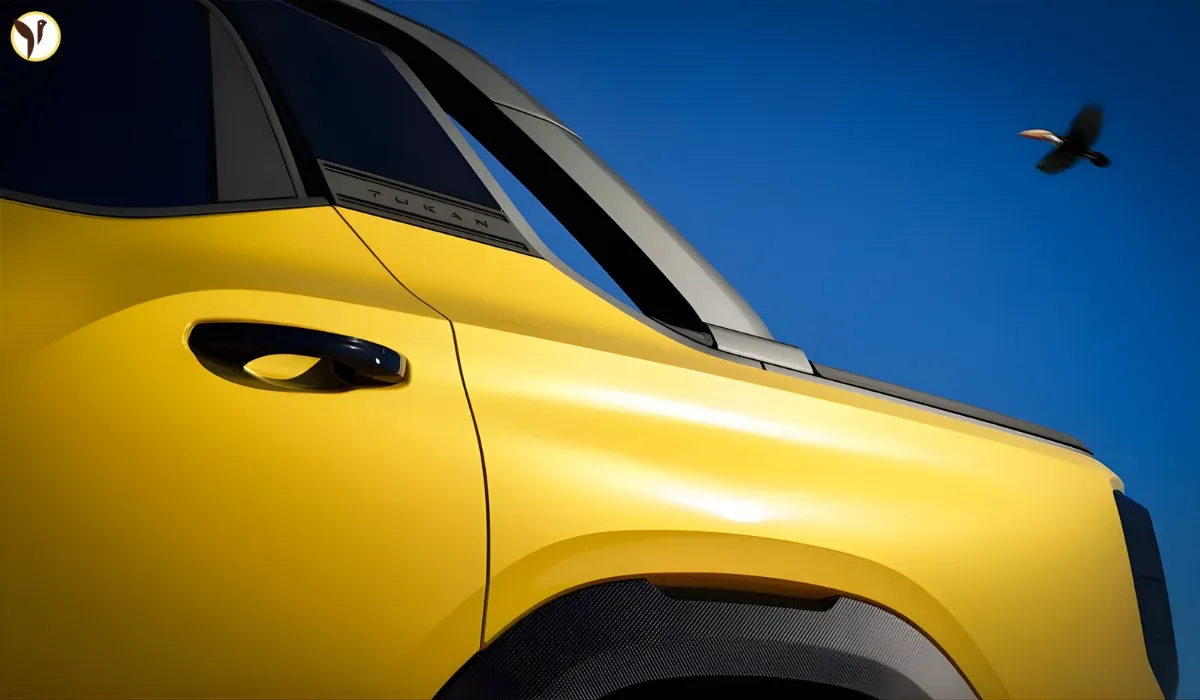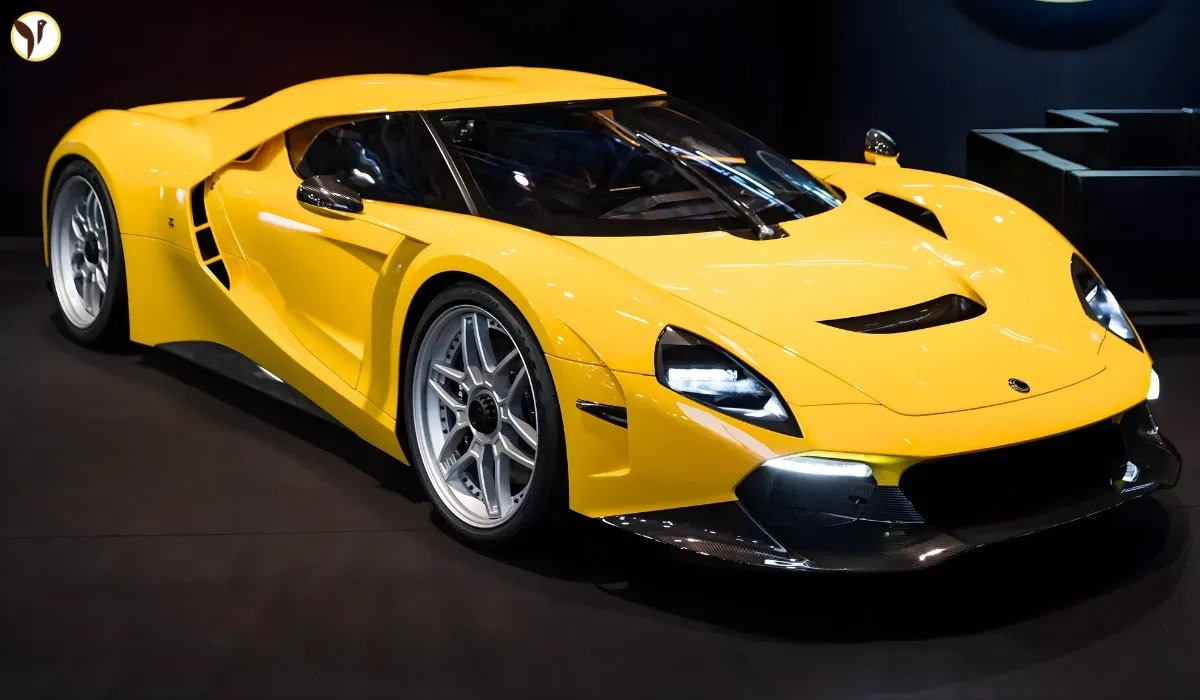Nissan will make a big change that has people stirred up around the world. The Japanese automaker is formally ending vehicle production at its famous Oppama plant in March 2028. And why would this effect the average driver in the U.S.? This is the plant that helped shape what Nissan is today, from early electric vehicles to compact city cars. Let’s breakdown what is happening, and how it may effect you even if you’ve never been to Japan.
Why Nissan Is Pulling out of Oppama
This move is not a arbitrary. Nissan is currently struggling with very low profits, competing Chinese EVs, and changing market trends. Nissan's Oppama plant is storied and has always has a great history, but is only operating at 40% capacity - meaning it is costing Nissan more than it is producing.
To improve its situation, Nissan is undertaking a massive restructuring strategy that includes:
- Eliminating 20,000 jobs throughout the world.
- Reducing its facilities from 17 to 10.
- Moving manufacturing to better utilisd sites.
By centralizing manufacturing to its Kyushu manufacturing plant, Nissan hope's to reduce costs and improve efficiencies in the way that it builds cars around the world.
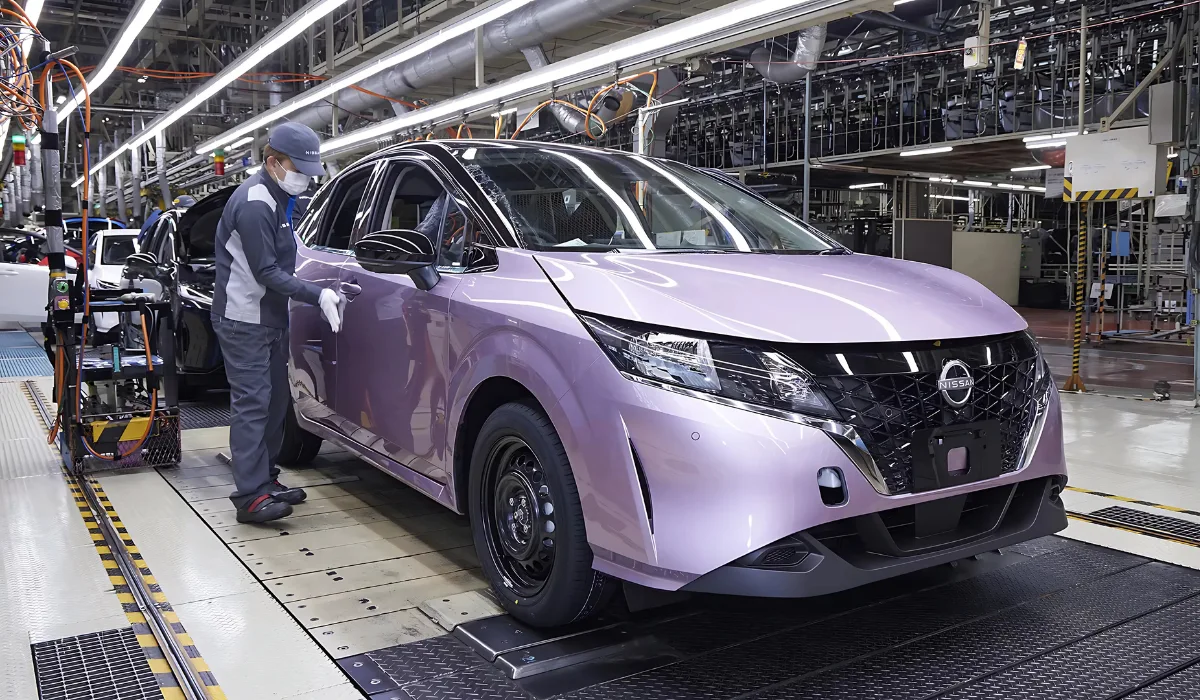
What Vehicles Were Produced at Oppama?
Currently, Oppama makes the Nissan Note and Note Aura compact hatchbacks that have enormous popularity in Japan. These models, while not hugely successful in the U.S., are fundamental products for Nissan's home market.
Fun fact:
- It is also where the original Nissan Leaf was built, one of the first EVs in America!
- In short, Oppama introduced robotic welding in 1970 and, in many ways, was one of the first factories to ever automated car production.
So even if the cars made here are never be destined for U.S. roads, the technology and concepts that originated at Oppama will.
What Will Happen to the Workers?
There are about 2,400 workers at Oppama, many of whom have started to worry understandably. But Nissan has made the following commitments:
- Relocation to other plants, such as Kyushu
- Retraining programs for new positions
- Meaningfully helping impacted workers
This is not only a business decision, it is an emotional one. Some employees have worked there for many years, even passed down employment within their family. Nissan says that portions of the Oppama site, like the test labs, shipping dock, and R&D would still be operational, so not every hope is lost for the site.
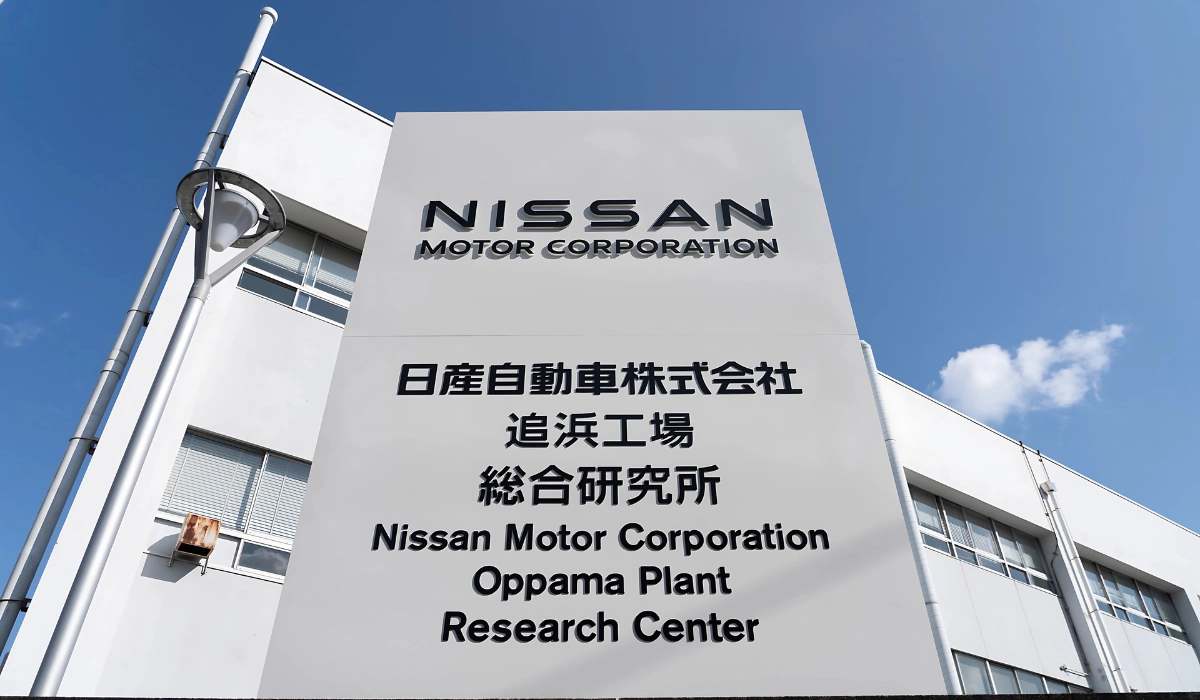
The NV200 Van is Ending Too - But There's a New Model Coming
That's not all the big news from Nissan. The automaker announced that its production of the NV200 van from the Shonan plant would end in fiscal 2026.
But there is good news:
- Nissan has announced that a successor model is in development, and will be released in fiscal 2027.
- It may provide more features, improve fuel economy, or possibly go fully electric.
That would mean good news for U.S. customers and businesses that have already used Nissan's affordable cargo vans for years.
Why Should U.S. Buyers Care?
While the shutdown is occurring in Japan, it is part of a much bigger plan that could radically alter the face of business for Nissan in America.
Here is how it could impact U.S. buyers:
- Less plants means less cost, which could mean more competitive prices on cars.
- Nissan could allow resources to switch direction and focus on EVs, SUVs, and trucks, such as in the U.S. markets.
- It signifies Nissan is taking decisive action to remain relevant in a rapidly changing auto landscape.
For U.S. drivers, this could mean new cars and new pricing, and new smarter tech sooner than later.
Nissan Oppama Shutdown & NV200 Update Recap
|
|
|
|
|
|
|
|
|
|
|
|
|
|
|
|
|
|
|
|
|
|
|
|
Conclusion
Nissan's announcement to close the Oppama plant is not simply a business decision, but a significant milestone. Sure, it's always sad to see a piece of history close, but every business needs to evolve to stay leaner, more cost-effective, and more fit for the future. For U.S. consumers, that may mean having better products, better pricing, and better possibilities with EVs and SUVs that are designed specifically for consumer demand.
It reminds us all that even a legacy automaker must adapt to the times or risk extinction. Even though Oppama's production lines will have gone dark by 2028, the impacts of its history will continue to shape Nissan's future around the globe.
Source(Image / Thumbnail): carscoops
